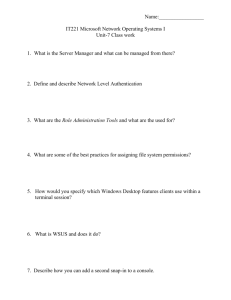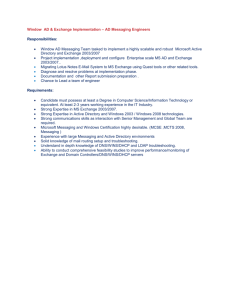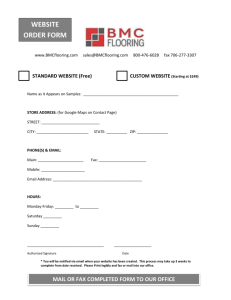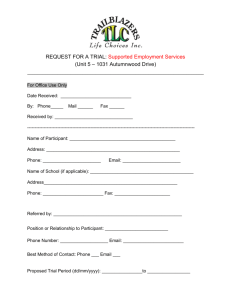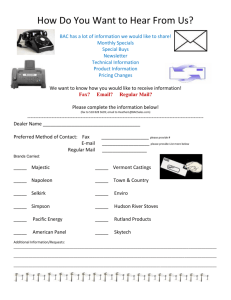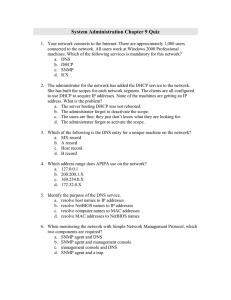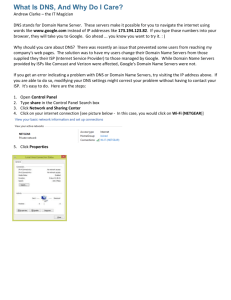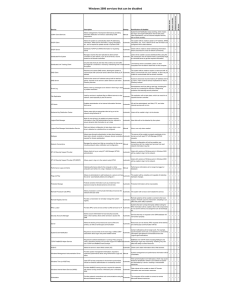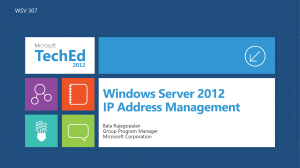Basic Server Roles: File, Print, DHCP, DNS, Web, AD, Hyper-V
advertisement
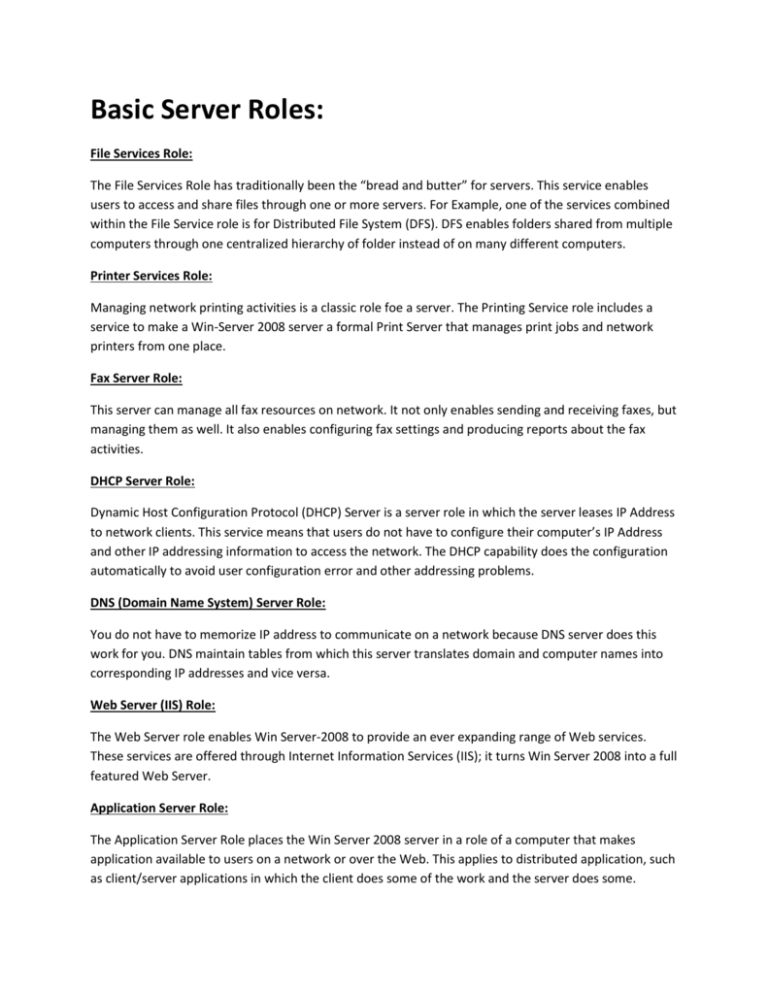
Basic Server Roles: File Services Role: The File Services Role has traditionally been the “bread and butter” for servers. This service enables users to access and share files through one or more servers. For Example, one of the services combined within the File Service role is for Distributed File System (DFS). DFS enables folders shared from multiple computers through one centralized hierarchy of folder instead of on many different computers. Printer Services Role: Managing network printing activities is a classic role foe a server. The Printing Service role includes a service to make a Win-Server 2008 server a formal Print Server that manages print jobs and network printers from one place. Fax Server Role: This server can manage all fax resources on network. It not only enables sending and receiving faxes, but managing them as well. It also enables configuring fax settings and producing reports about the fax activities. DHCP Server Role: Dynamic Host Configuration Protocol (DHCP) Server is a server role in which the server leases IP Address to network clients. This service means that users do not have to configure their computer’s IP Address and other IP addressing information to access the network. The DHCP capability does the configuration automatically to avoid user configuration error and other addressing problems. DNS (Domain Name System) Server Role: You do not have to memorize IP address to communicate on a network because DNS server does this work for you. DNS maintain tables from which this server translates domain and computer names into corresponding IP addresses and vice versa. Web Server (IIS) Role: The Web Server role enables Win Server-2008 to provide an ever expanding range of Web services. These services are offered through Internet Information Services (IIS); it turns Win Server 2008 into a full featured Web Server. Application Server Role: The Application Server Role places the Win Server 2008 server in a role of a computer that makes application available to users on a network or over the Web. This applies to distributed application, such as client/server applications in which the client does some of the work and the server does some. Active Directory Domain services Role: The Active Directory Domain Services (ADDS) role is central to implementing Active Directory and creates one or more domains. When you enable the ADDS role on a server, you can set up one or more domains, a domain is like a storehouse of computers, servers, user accounts and other elements. Hyper-V Role: The Hyper-V role enables Win Server 2008 to function as virtual server. The virtual server role supports both 32-bit and 64-bit operating systems.

